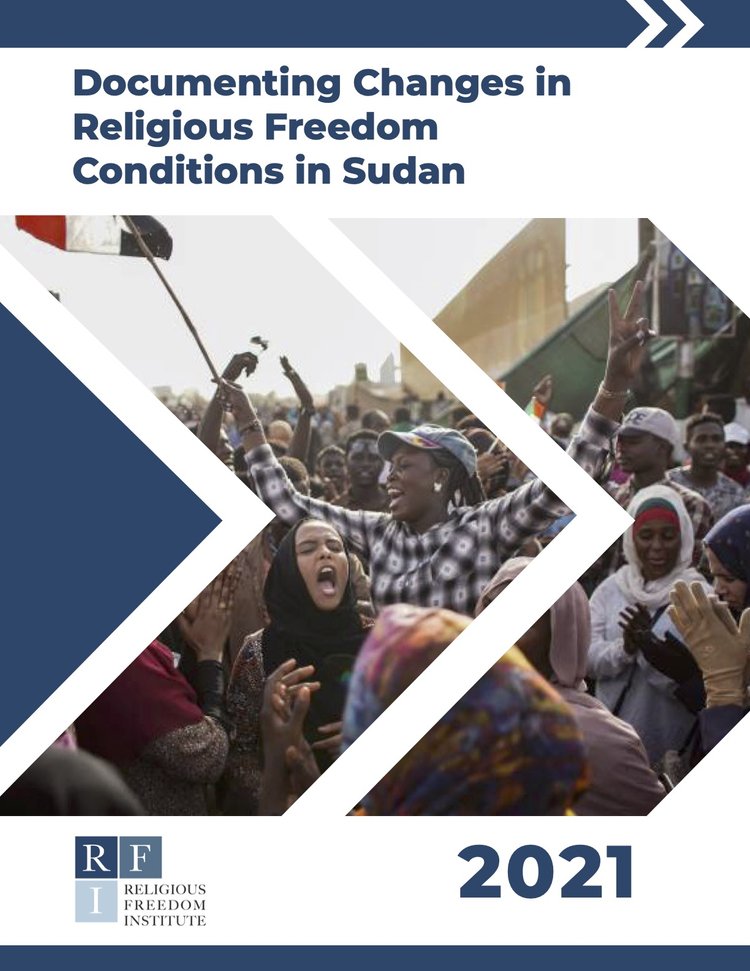
Title: Documenting Changes in Religious Freedom Conditions in Sudan
Authors: A.J. Nolte, Daniel Harre, and Jeremy Barker
About: This case study analyzes the changing religious freedom landscape in Sudan. Previously one of the world’s worst offenders where International Religious Freedom (IRF) is concerned, Sudan has seen substantial shifts on IRF policy under the auspices of the new transitional government.
Questions remain as to how durable and pervasive these shifts will prove, and what, if any, lessons may be drawn from this case. To answer these questions, our team conducted a series of interviews with key stakeholders in the IRF community, Sudanese religious leaders, aid and development practitioners, and others. These interviews were then analyzed, and the analysis was supplemented with secondary academic research.
The study concludes with practical suggestions to consolidate IRF in Sudan, best practices that can be applied to other cases, and constructive critiques with respect to blind spots in the IRF discourse that emerged in our research.
Publication Date: October 2021
Recommended Citation: Nolte, A.J., Daniel Harre, and Jeremy P. Barker. “Documenting Changes in Religious Freedom Conditions in Sudan.” Religious Freedom Institute, 2021.
THE RFI BLOG

Is Egypt’s Government Trying To Take Over Christianity’s Most Important Monastery?

Does Southeast Asia Lead the World in Human Flourishing?

RFI Leads Training Session on Religious Freedom Law and Policy for U.S. Army War College

Oral Argument in Charter School Case Highlights Unconstitutional Motives Behind OK Attorney General’s Establishment Clause Claim

Largest Longitudinal Study of Human Flourishing Ever Shows Religion’s Importance
CORNERSTONE FORUM

Reaffirming Religious Freedom: Bridging U.S. Advocacy and Iraq’s Constitutional Framework

Political Polarization, Same-Sex Marriage and Religious Liberty

Bridging the Gap Between International Efforts and Local Realities: Advancing Religious Freedom in the MENA Region

Challenges to Religious Freedom in Iraq and the Critical Need for Action

